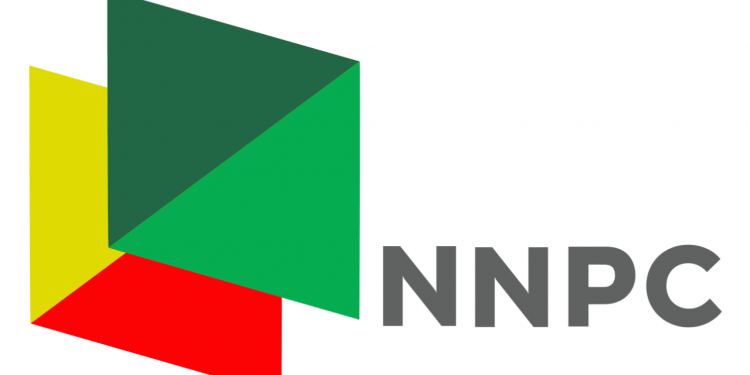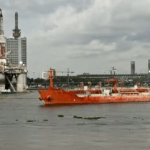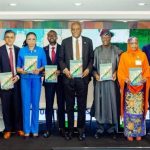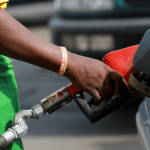The World Bank has raised concerns over the Nigerian National Petroleum Company Limited (NNPCL) for remitting only 50 percent of revenue gains from the fuel subsidy removal to the Federation Account. According to its latest Nigeria Development Update report titled “Building Momentum for Inclusive Growth”, the state oil company transferred just N600 billion out of the N1.1 trillion it generated from crude oil sales and related income in 2024, leaving a N500 billion shortfall.
The report indicates that NNPCL has been diverting the remaining funds to offset debt arrears instead of transferring them as public revenue. This financial practice continues to undermine the fiscal promises tied to the fuel subsidy removal.
President Tinubu scrapped the longstanding fuel subsidy in 2023, causing petrol prices to triple. The move was expected to free up billions for infrastructure and social development. However, public dissatisfaction led to a delay in full deregulation until October 2024, following the anticipated operation of the Dangote refinery.
Despite the formal end of the subsidy in October 2024, the World Bank notes that NNPCL only began remitting revenue gains in January 2025 and has since withheld half of those funds. This partial remittance has made NNPCL the weakest performing revenue-generating agency in 2024. Its contribution to the Federation Account dropped from N1.1 trillion in 2023 to just N600 billion in 2024, largely due to implicit subsidies that continued throughout much of the year.
The World Bank projects that oil-related income should make up 70 percent of Nigeria’s government revenue in 2025—assuming NNPCL fully remits its share. But this projection is threatened by NNPCL’s continued use of subsidy savings to service internal debts.
As of February 2025, NNPCL claims it is owed N7.8 trillion in arrears by the Federation, while federal authorities claim arrears stand at N6.1 trillion—highlighting a discrepancy of N1.7 trillion in accounting between both parties.
Meanwhile, other revenue-collecting agencies have significantly boosted Nigeria’s earnings. The Federal Inland Revenue Service (FIRS), Nigeria Customs Service (NCS), NNPCL, and the Nigerian Upstream Petroleum Regulatory Commission (NUPRC) collectively raised gross revenues from N16.5 trillion in 2023 (7 percent of GDP) to N29.5 trillion in 2024 (10.6 percent of GDP), according to Federation Account Allocation Committee (FAAC) data.
The World Bank’s findings draw attention to the urgent need for improved transparency and accountability in Nigeria’s oil revenue system, especially as the country seeks to stabilize its economy and fund development amid rising fiscal pressures.










